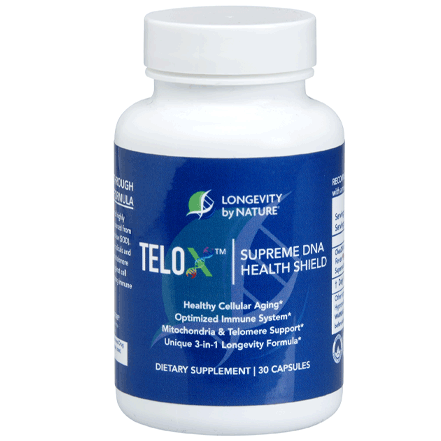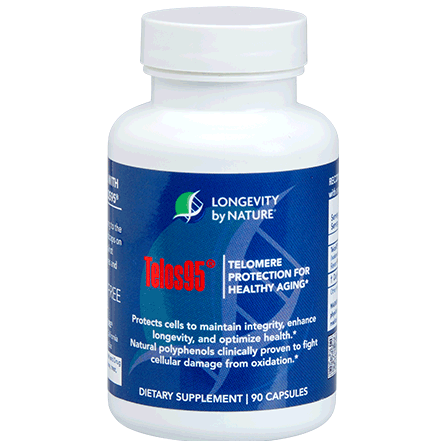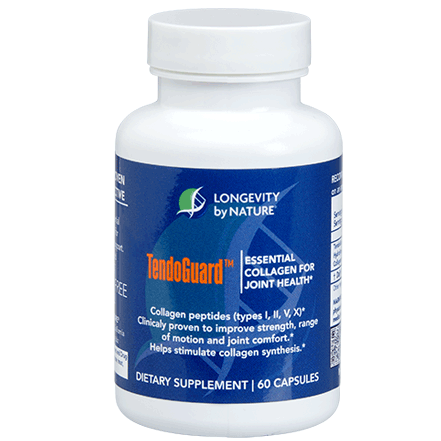Excessive oxidative stress arises when the body’s production of free radicals surpasses its capacity to neutralize them. There are ways to reduce oxidative stress and excess free radicals in the body that can lead to disease.
What is Oxidative Stress?
Oxidative stress is a condition characterized by an imbalance between free radicals (unstable molecules that can cause damage to cells) and antioxidants (molecules that neutralize free radicals) in the body. This imbalance leads to cellular and tissue damage, contributing to the aging process and the development of diseases, including cancer, cardiovascular diseases, diabetes, Alzheimer’s disease, Parkinson’s disease, and many others. Free radicals are produced naturally in the body during processes like metabolism but can also be introduced through external sources like environmental pollutants, tobacco smoke, radiation, and certain drugs. Managing oxidative stress involves lifestyle changes to reduce exposure to sources of free radicals, improving diet to increase antioxidant intake, and sometimes using supplements to bolster the body’s antioxidant defenses.Causes of oxidative stress
Oxidative stress arises when there’s an imbalance between the production of free radicals and the body’s ability to counteract or detoxify their harmful effects through neutralization by antioxidants. Both internal and external factors can cause or contribute to oxidative stress:Internal Causes
- Cellular Respiration: The body’s process of converting food into energy in cells produces free radicals as natural byproducts.
- Inflammation: Inflammatory processes can generate free radicals.
- Exercise: High-intensity and prolonged exercise can increase the production of free radicals.
- Aging: The natural aging process is associated with a decrease in cellular antioxidant capacity and an increase in free radical production.
External Causes
- Environmental Pollutants: Exposure to pollutants, like industrial chemicals, oil spills, and vehicle emissions, can increase free radical production. One example of a potential external cause of oxidative stress is the 2011 Fukushima Daiichi nuclear disaster in Japan which happened after a massive earthquake and tsunami leading to radiation exposure and health effects on the surrounding population. The oxidative stress resulting from this type of radiation exposure can overwhelm the cell’s antioxidant defense mechanisms, leading to significant cellular damage, including DNA, contributing to the progression of cancer, cardiovascular diseases, neurological disorders, and other diseases. Continuing research aims to understand radiation-induced oxidative stress and its long-term health implications. Antioxidants from both diet and supplements are being investigated for their potential to mitigate these harmful effects.
- Ultraviolet Radiation: Sunlight and UV radiation can induce the production of free radicals in skin cells.
- Smoking: Tobacco smoke contains a high concentration of free radicals.
- Diet: Consuming large amounts of processed foods, alcohol, and certain fats can increase oxidative stress.
- Stress: Psychological stress has been linked to increased production of free radicals.
- Radiation: Exposure to ionizing radiation, including medical treatments like X-rays, can generate free radicals.
- Medications: Some drugs can induce oxidative stress by producing free radicals as byproducts of their metabolism.
Symptoms of oxidative stress
Oxidative stress can contribute to various signs and conditions, including:- Fatigue: Persistent tiredness.
- Cognitive Issues: Memory loss or decline.
- Pain: Muscle or joint discomfort.
- Aging Signs: Wrinkles and gray hair.
- Eye Health: Cataracts and macular degeneration.
- Infections: Increased susceptibility.
- Inflammation: Chronic bodily inflammation.
How Does Oxidative Stress Affect Our Health?
Oxidative stress affects our health by disrupting the balance between free radicals and antioxidants in the body. This imbalance can lead to cellular and tissue damage, contributing to a wide range of health issues and diseases:- Aging: Accelerates the aging process by damaging cellular structures, including DNA, proteins, and lipids, leading to early signs of aging and decreased lifespan.
- Neurodegenerative Diseases: Contributes to the development and progression of neurodegenerative diseases like Alzheimer’s disease, Parkinson’s disease, and multiple sclerosis, through damage to brain cells and neural pathways.
- Cardiovascular Diseases: Promotes atherosclerosis (the buildup of plaques in arteries), hypertension, and other cardiovascular conditions by damaging blood vessels and affecting lipid profiles.
- Cancer: Increases the risk of cancer by causing DNA mutations and promoting tumor growth through the creation of a pro-inflammatory environment.
- Diabetes: Affects insulin sensitivity and glucose metabolism, contributing to the development and complications of diabetes.
- Inflammatory Disorders: Exacerbates inflammatory conditions like arthritis and lupus by stimulating the body’s inflammatory responses.
- Immune System Dysfunction: Weakens the immune system, making the body more susceptible to infections and diseases.
How can I measure my own oxidative stress levels?
Measuring oxidative stress at home is complex, but the most reliable method involves professional laboratory testing, where healthcare providers conduct tests for specific enzymes, DNA damage, lipid peroxidation, and antioxidant levels to gauge oxidative stress accurately. Regular health check-ups for inflammation markers, blood sugar, and cholesterol can indirectly suggest oxidative stress. Monitoring any symptoms related to oxidative stress, like fatigue, memory issues, or premature signs of aging, is important. Evaluating your lifestyle for risk factors—smoking, poor diet, and exposure to environmental toxins also provides insights. While home testing kits are an option, their accuracy varies, and they should not replace professional medical advice.Can oxidative stress be reversed?
Oxidative stress can be managed with these strategies:- Diet: Eat foods high in antioxidants like fruits, vegetables, and whole grains.
- Supplements: Consider antioxidants like vitamins C and E, after consulting a healthcare professional.
- Lifestyle: Reduce pollution exposure, quit smoking, limit alcohol, and protect against sun overexposure.
- Exercise: Engage in regular, balanced physical activity to boost natural antioxidants.
- Stress Reduction: Use meditation, yoga, or deep breathing to manage stress.
- Sleep: Ensure adequate and quality sleep for body repair.
- Chronic Conditions: Properly manage health conditions like diabetes or hypertension.
Tips for reducing oxidative stress
Here are some tips you can use to potentially reduce oxidative stress: Antioxidant-rich diet: Focus on fruits, vegetables, nuts, and seeds.- Regular exercise: Maintain a balanced workout routine.
- Adequate sleep: Aim for 7-9 hours of quality sleep nightly.
- Stress management: Practice yoga, meditation, or deep breathing.
- Avoid toxins: Minimize exposure to pollutants and chemicals.
- Quit smoking: Eliminate tobacco use.
- Limit alcohol: Drink in moderation.
- Healthy weight: Maintain a body weight that’s healthy for you.
- Hydration: Drink plenty of water throughout the day.
- Reduce the length of your telomeres: Take a Telomere Telos95 supplement to fight free radicals, and reduce oxidative stress while promoting cellular longevity.
Discover Telos95 from Longevity by Nature
Telomeres are protective caps at the ends of chromosomes. Shortened telomeres are linked to various age-related diseases and conditions. Telos95, a plant-based telomere health supplement, helps reduce oxidative stress by fighting free radicals and nourishing the cells with nutrients to promote cellular longevity. It is clinically proven to extend telomere length. In addition to reducing oxidative stress, Telos95 promotes telomere well-being, increases your energy level, and decreases fatigue. It’s made from an advanced proprietary blend of polyphenols sourced naturally from grapevine and organic olive leaf.Closing thoughts
For over 30 years, Longevity by Nature® has specialized in promoting the health of cells and tissues in the body. We source our supplements from nature instead of a lab and never use synthetic ingredients. We manufacture the highest quality supplements for living and aging well, backed by clinical research. Take Telos95 to lengthen your telomeres and reduce your oxidative stress to fight disease with our longevity natural supplements. Explore more best selling supplements from Longevity by NatureRelated Blog Posts
- What are Telomeres?
- Tips to Protect Against DNA Damage
- How Can I Boost DNA Repair Naturally?
- What are “Zombie Cells” & Their Role in Aging?
- Why Do We Lose Telomeres as We Age?
- How to Protect Your Telomeres & Increase Longevity
- Why Do Telomeres Shorten With Age?
- Why is Telomere Length Important in Aging?
- Tips to Slow Down Telomere Shortening
- Tips to Slow Down Cellular Aging







